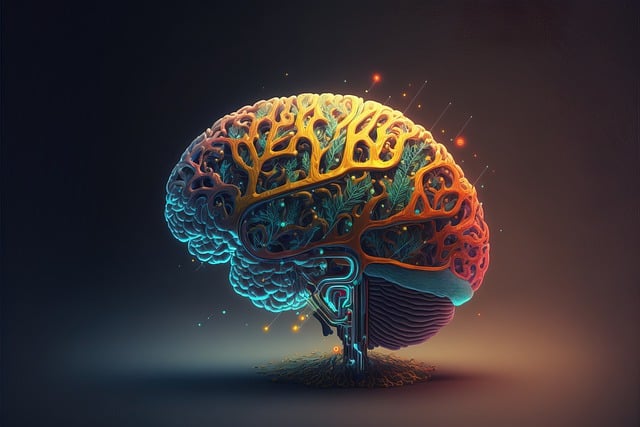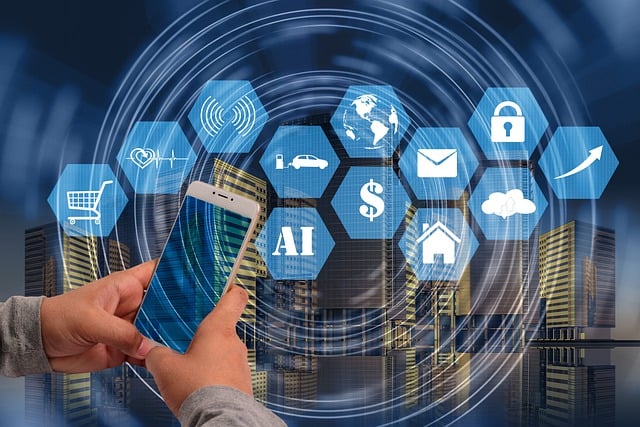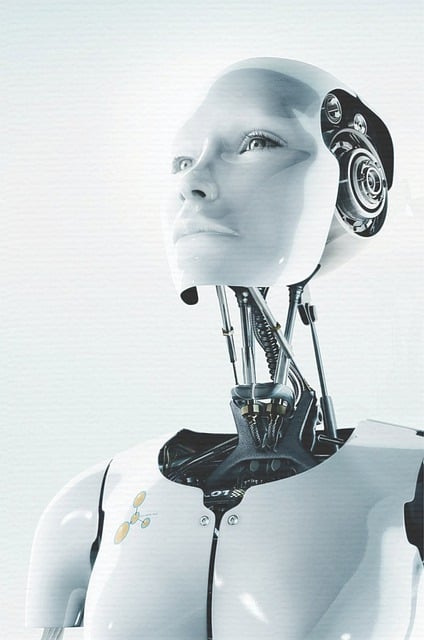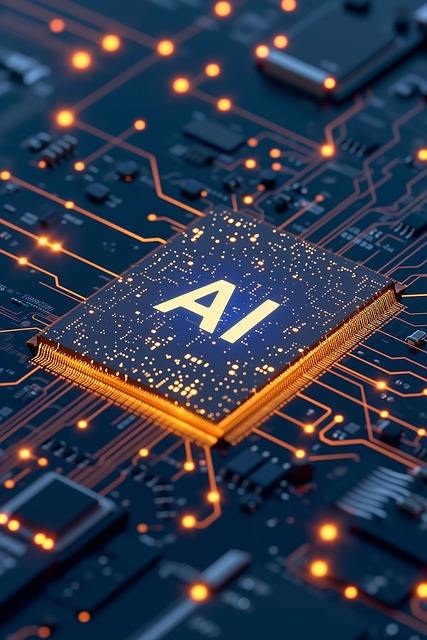The integration of AI in home security has revolutionized traditional protective measures, offering artificial intelligence security capabilities once confined to science fiction. Modern security technology, powered by machine learning, analyzes sensor and camera data to detect anomalies, predict risks, and autonomously respond to threats. This AI-driven home protection includes face recognition, unusual movement monitoring, and predictive analytics, enhancing homeowners' peace of mind and safety. However, implementing these advanced systems raises privacy concerns and initial setup costs, requiring a balance between security and individual rights for successful AI in safety. The future of home security lies in this technology's ability to predict and prevent threats, fostering an unparalleled sense of security worldwide.
“The evolution of home security has entered a new era with the integration of Artificial Intelligence (AI). This revolutionary technology promises to transform the way we protect our living spaces, offering unprecedented levels of safety and convenience. From intelligent surveillance systems to predictive analytics, AI is paving the way for modern security technology.
This article explores the immense potential of AI in home security, delving into current applications, benefits, and challenges, while also peering into the future of residential protection driven by AI advancements.”
- Understanding AI's Potential in Home Security: Unveiling the Possibilities
- Current AI Applications for Smart Home Safety and Surveillance
- Benefits and Challenges: Implementing AI for Enhanced Residential Protection
- The Future of Home Security: Where Does AI Lead Us?
Understanding AI's Potential in Home Security: Unveiling the Possibilities

The integration of AI in home security systems marks a significant shift in how we protect our personal spaces. Artificial intelligence security offers possibilities that were once confined to science fiction, transforming traditional safety measures into smart, adaptive, and proactive defenses. With advancements in AI security technology, homes can now become more than just structures; they evolve into intelligent fortresses capable of learning patterns, recognizing threats, and responding autonomously.
AI-driven home protection leverages machine learning algorithms to analyze vast amounts of data from various sensors and cameras. This enables modern security systems to detect anomalies, predict potential risks, and take appropriate actions. From identifying unfamiliar faces at the door to monitoring unusual movements inside the house, AI enhances every aspect of home security, ensuring peace of mind for homeowners. The role of AI in safety is profound, promising a future where homes are not just protected but actively guarded by technology.
Current AI Applications for Smart Home Safety and Surveillance

The integration of AI into smart homes has revolutionized modern security technology, offering enhanced protection and peace of mind for homeowners. Current AI applications in home security focus on both surveillance and predictive analytics. AI-powered cameras use computer vision to detect unusual activities, recognize faces, and identify objects, triggering alerts when potential threats are identified. For instance, these systems can distinguish between a delivery person and an intruder, minimizing false alarms.
AI algorithms analyze patterns and historical data to predict potential security breaches. By learning normal routines, these intelligent systems can detect anomalies like unusual access points or irregular behavior, enabling proactive AI-driven home protection. This technology goes beyond simple motion sensors, leveraging artificial intelligence security features to adapt to evolving environments and provide more effective solutions for enhancing home security.
Benefits and Challenges: Implementing AI for Enhanced Residential Protection

The integration of AI in home security has opened new frontiers in modern security technology, offering unprecedented levels of protection for residential properties. One of the key benefits is its ability to analyse patterns and detect anomalies. AI-driven systems can learn normal routines and activities within a household, allowing them to identify suspicious behaviour or unusual events that might indicate potential threats. This real-time monitoring enhances alertness and enables quicker responses to security breaches.
Despite its advantages, implementing AI for enhanced residential protection comes with challenges. Privacy concerns are at the forefront, as these systems often rely on collecting vast amounts of data from homes. Balancing the need for advanced security features with individual privacy rights is essential. Additionally, the initial setup and cost of such technology can be a deterrent, requiring substantial investment in hardware and software infrastructure to ensure optimal AI-driven home protection.
The Future of Home Security: Where Does AI Lead Us?

The future of home security is being reshaped by artificial intelligence, ushering in a new era of protection for residents across the globe. As technology advances, AI-driven systems are transforming traditional security measures into intelligent, proactive solutions. The potential of AI in home security lies not only in detecting intrusions but also in predicting and preventing them. Modern security technology powered by artificial intelligence can analyze patterns, learn from data, and adapt to unique household routines, making it an invaluable tool for enhancing safety.
AI-driven home protection offers a level of personalization and responsiveness previously unimaginable. Advanced algorithms enable these systems to recognize familiar faces, voices, and behaviors, distinguishing between friends, family, and potential threats. With each interaction, these technologies evolve, becoming more accurate and efficient in ensuring the well-being of those within the home. The role of AI in safety extends far beyond surveillance; it fosters a sense of security and peace of mind for folks living in an increasingly complex world.






